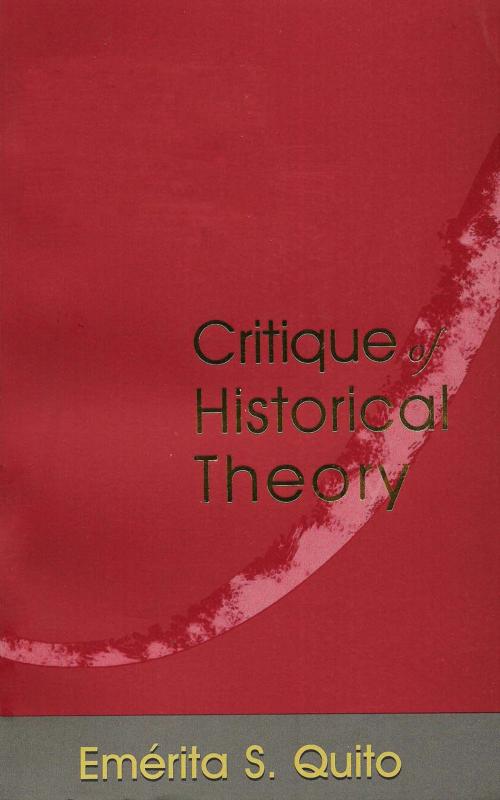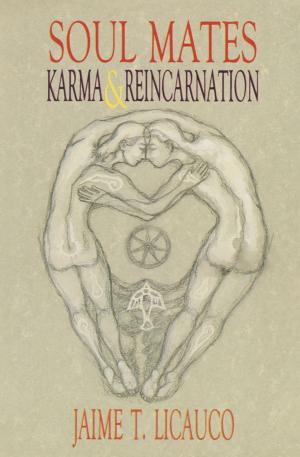Critique of Historical Theory
Nonfiction, Religion & Spirituality, Philosophy, History, Criticism, & Surveys| Author: | Emerita S. Quito | ISBN: | 9789712727368 |
| Publisher: | Anvil Publishing Inc. | Publication: | December 15, 2009 |
| Imprint: | Language: | English |
| Author: | Emerita S. Quito |
| ISBN: | 9789712727368 |
| Publisher: | Anvil Publishing Inc. |
| Publication: | December 15, 2009 |
| Imprint: | |
| Language: | English |
This work is essentially a philosophy of history. The author’s research on this topic spans more than three decades. Part One of this book has three chapters. Chapter I is divided into seven sections featuring philosophers who see a plan in history. Chapter II is divided into two sections featuring those who do not see a plan in history. Chapter III is divided into three sections featuring scientists whose ideas are relevant to the philosophy of history. Part Two is divided into four chapters. The first three chapters feature the three philosophers of history—Toynbee, Sartre and Dilthey—who stand out in the 20th century for their uncommon stance. The fourth chapter discusses the relationship between the Philosophy of Man and the Philosophy of History. Finally, Part Three is the Critique. While the philosophers mentioned here have written several volumes, only their ideas relevant to the philosophy of history are discussed.
This work is essentially a philosophy of history. The author’s research on this topic spans more than three decades. Part One of this book has three chapters. Chapter I is divided into seven sections featuring philosophers who see a plan in history. Chapter II is divided into two sections featuring those who do not see a plan in history. Chapter III is divided into three sections featuring scientists whose ideas are relevant to the philosophy of history. Part Two is divided into four chapters. The first three chapters feature the three philosophers of history—Toynbee, Sartre and Dilthey—who stand out in the 20th century for their uncommon stance. The fourth chapter discusses the relationship between the Philosophy of Man and the Philosophy of History. Finally, Part Three is the Critique. While the philosophers mentioned here have written several volumes, only their ideas relevant to the philosophy of history are discussed.















